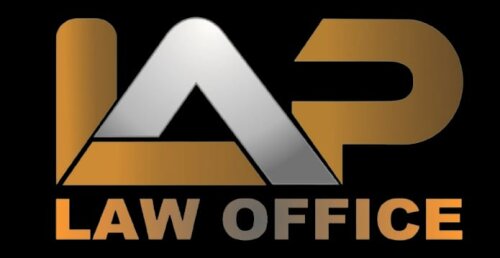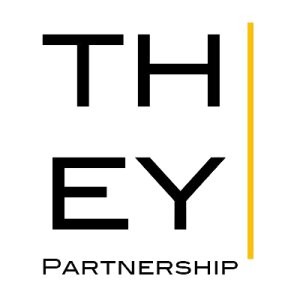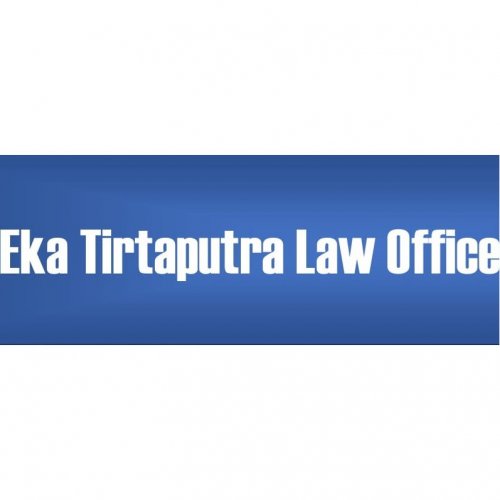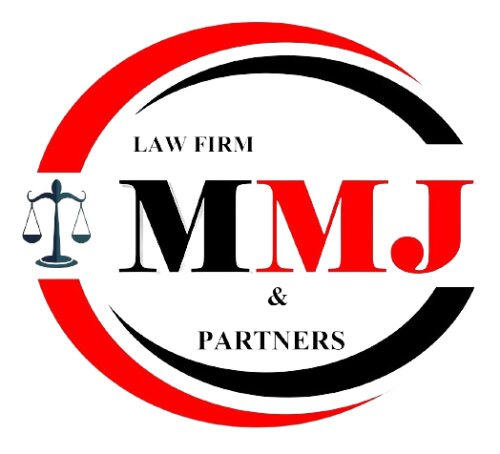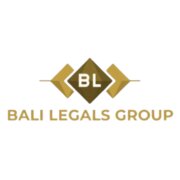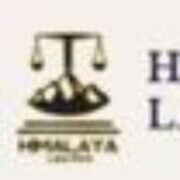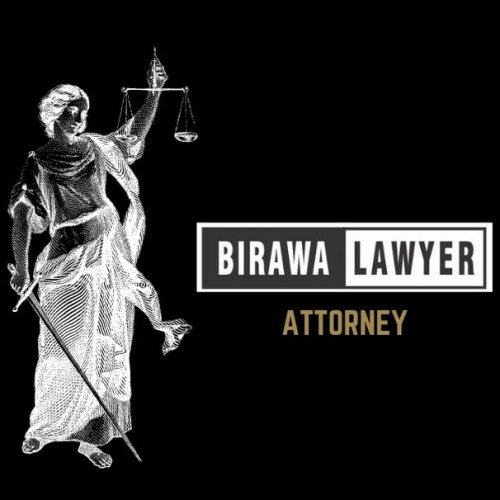Best Water Law Lawyers in Jakarta
Share your needs with us, get contacted by law firms.
Free. Takes 2 min.
List of the best lawyers in Jakarta, Indonesia
About Water Law in Jakarta, Indonesia
Water Law in Jakarta, Indonesia refers to the collection of rules, regulations, and standards that govern the use, management, and protection of water resources within the Jakarta region. Given Jakarta's unique challenges, including flooding, groundwater depletion, and water pollution, Water Law has become an essential aspect of maintaining sustainable water usage and ensuring the general welfare of its citizens. The legal framework in Indonesia is shaped by national and regional policies, executive regulations, as well as customary law practices that impact water access, distribution, and environmental conservation.
Why You May Need a Lawyer
Navigating Water Law in Jakarta can be particularly complex due to the overlapping authorities of local and national agencies, frequently changing regulations, and the technicalities involved in water management. You may need to consult a lawyer in cases such as:
- Disputes over water rights or access, including between neighbors, companies, or government entities
- Negotiating or drafting contracts for the supply or distribution of water in residential, agricultural, or industrial contexts
- Compliance with water use permits, including for groundwater extraction or wastewater disposal
- Responding to regulatory investigations or penalties for alleged environmental violations
- Pursuing damages or legal remedies in cases of pollution, contamination, or harmful water management practices
- Engaging in public interest litigation related to flood control, river management, or water infrastructure projects
Local Laws Overview
Jakarta’s Water Law landscape is influenced by key national statutes such as Law Number 17 of 2019 on Water Resources, which supersedes previous regulations and outlines the principles of water sovereignty, environmental sustainability, and public participation. Additionally, local decrees issued by the Jakarta Provincial Government supplement these laws with specific provisions tailored to the region’s geography, economic needs, and environmental concerns.
Relevant legal features in Jakarta include:
- Mandatory water use permits for extraction and utilization of surface or groundwater
- Strict protocols for wastewater treatment and disposal to protect the rivers and coastal areas
- Land use controls to manage flood risk and promote infiltration of rainwater
- Regulations prohibiting illegal dumping or contamination of public waterways
- Requirements for environmental impact assessments on large-scale water-related projects
- Cooperation and coordination mandates between public bodies, private entities, and local communities
Frequently Asked Questions
What permits are required for drilling a private well in Jakarta?
You need to obtain a groundwater extraction permit from the Jakarta Provincial Government before drilling or operating a private well. The permit process includes technical evaluations to ensure that groundwater use does not adversely affect the environment or public supply.
Can businesses legally discharge wastewater into rivers in Jakarta?
No, businesses are prohibited from discharging untreated wastewater into rivers. Wastewater must be treated to meet environmental standards, and businesses must obtain proper permits for disposal activities.
Who is responsible for flood mitigation in Jakarta?
Flood mitigation responsibilities are shared by the provincial government, municipal agencies, and relevant national ministries. Property owners and communities may also have specific obligations, especially in maintaining drainage infrastructure on private land.
Are there restrictions on the use of groundwater in Jakarta?
Yes, there are significant restrictions to prevent overexploitation and land subsidence. Permits are required, and usage is monitored. Some areas may be subject to moratoriums or special restrictions due to critical water levels.
How are water disputes between neighbors usually resolved?
Initially, disputes can be mediated by neighborhood or community authorities. If unresolved, the matter can be escalated to administrative or civil courts, often involving legal counsel.
What are the penalties for illegal dumping of waste into Jakarta’s waterways?
Penalties may include substantial fines, mandatory cleanup, administrative sanctions, and in severe cases, criminal charges. The severity depends on the damage caused and the applicable law.
Are Environmental Impact Assessments (EIA) mandatory for water infrastructure projects?
Yes, EIAs are required for large-scale projects that may impact water resources or the environment to assess potential risks and ensure necessary mitigation measures are in place.
How can individuals participate in water resource planning in Jakarta?
The law encourages public participation through community forums, stakeholder consultations, and public comment periods in the planning, development, and monitoring of water resource initiatives.
What is the role of regional regulations versus national laws in Jakarta?
National laws set the framework for water management, while regional regulations provide detailed guidelines tailored to Jakarta’s unique needs. In case of conflict, national law prevails unless specifically allowed otherwise.
Can foreign investors own or operate water utilities in Jakarta?
Ownership of water resources is reserved for the state as per national law. Private and foreign entities may operate utilities under strict regulations and government supervision via licensing or partnership models.
Additional Resources
For those seeking further guidance, consider contacting or consulting:
- The Jakarta Provincial Water Resources Service (Dinas Sumber Daya Air DKI Jakarta) - for permits and technical information
- Ministry of Public Works and Public Housing (Kementerian PUPR) - national oversight of water projects
- Local Environmental Agency (Dinas Lingkungan Hidup DKI Jakarta) - environmental compliance and incidents
- Indonesian Center for Environmental Law (ICEL) - advocacy and public legal education
- Jakarta Legal Aid Institute (LBH Jakarta) - legal representation, especially for marginalized groups
- Professional associations of environmental and water law practitioners
Next Steps
If you believe you need legal assistance regarding Water Law in Jakarta:
- Identify the nature of your issue and gather supporting documents or evidence
- Contact a qualified legal practitioner experienced in Indonesian Water Law or environmental law
- Request an initial consultation to discuss your situation and possible legal remedies
- Ensure your lawyer is familiar with both national regulations and local Jakarta rules
- If urgent, seek help from legal aid organizations or government agencies for immediate intervention
- Stay informed about changes in Water Law by following relevant governmental and civil society updates
Lawzana helps you find the best lawyers and law firms in Jakarta through a curated and pre-screened list of qualified legal professionals. Our platform offers rankings and detailed profiles of attorneys and law firms, allowing you to compare based on practice areas, including Water Law, experience, and client feedback.
Each profile includes a description of the firm's areas of practice, client reviews, team members and partners, year of establishment, spoken languages, office locations, contact information, social media presence, and any published articles or resources. Most firms on our platform speak English and are experienced in both local and international legal matters.
Get a quote from top-rated law firms in Jakarta, Indonesia — quickly, securely, and without unnecessary hassle.
Disclaimer:
The information provided on this page is for general informational purposes only and does not constitute legal advice. While we strive to ensure the accuracy and relevance of the content, legal information may change over time, and interpretations of the law can vary. You should always consult with a qualified legal professional for advice specific to your situation.
We disclaim all liability for actions taken or not taken based on the content of this page. If you believe any information is incorrect or outdated, please contact us, and we will review and update it where appropriate.



